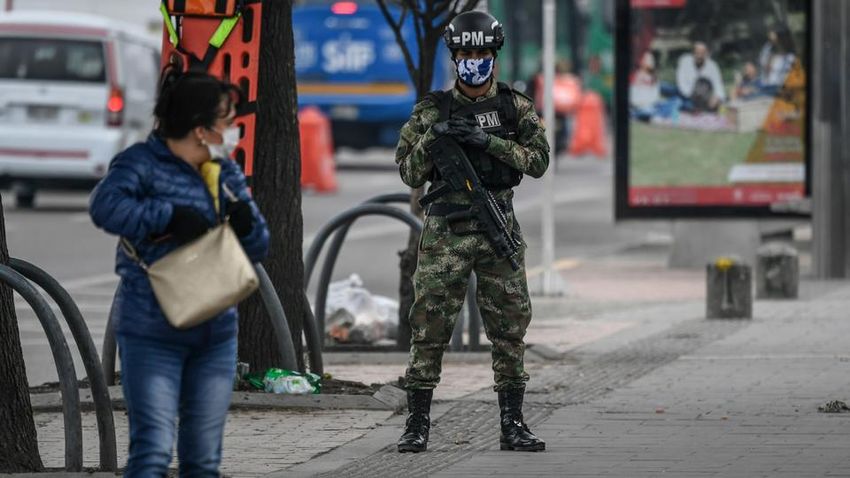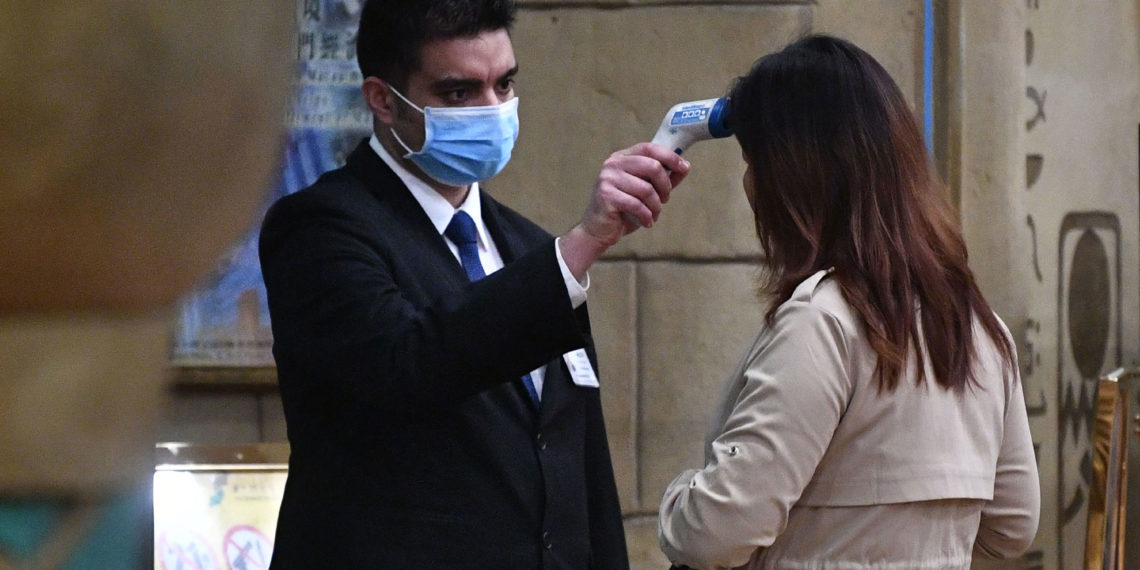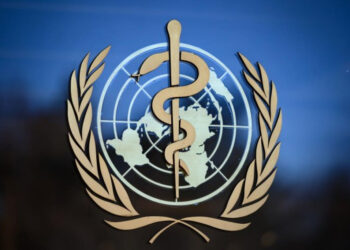Checking in with colleagues across the world these past few weeks, I felt something that I have rarely come across in my decades of work in the civil sector. From the Western Balkans to Eurasia and from Latin America to Africa, there was an underlying call for solidarity beneath the widespread uncertainty due to the coronavirus outbreak, and a desire to trust authorities mandated to minimize its devastating impact.
It was a genuinely comforting reflection. In ordinary circumstances, the organization I lead prides itself at keeping dictators awake at night. Whether by promoting democracy and anti-discrimination in post-conflict societies or by empowering human rights defenders in some of the world’s most repressive regimes, we must call out these same authorities for their abuses of power.
But the COVID-19 pandemic is no ordinary struggle. The world is in the midst of an unprecedented health crisis with far-reaching political, economic, and social consequences. Basic human rights, such as the right to freedom of movement and assembly, are being suspended to contain the virus’ further spread. Put simply, drastic measures have to be taken, and we are entrusting our respective governments to take them.

This, however, must not be understood as a blank cheque for authoritarian leaders to tighten their grip on power. While most national constitutions, the European Convention on Human Rights, and the U.N.’s International Covenant on Civil and Political Rights allow for the derogation of certain human and minority rights during a state of emergency, it is “only to the extent strictly required by the situation.”
Across the world, though, numerous examples point to clear overreach of such emergency power and, more depressingly, the abuse of trust vested in governments from civil society.
Abuse of Emergency Powers
In Azerbaijan, President Ilham Aliyev said in an address to the nation that his political opponents are trying to use the outbreak to destroy the country, and suggested that measures to “isolate” them might be required. The prominent opposition activist Tofig Yagublu has already been arrested and sentenced to three months of pre-trial detention. He faces up to six years in prison.
Countries aspiring to join the E.U. are likewise adopting measures that are highly uncharacteristic of European values. Serbia’s President Aleksandar Vucic used his announcing of a state of emergency to smear European solidarity as a “fairy tale that exists only on paper,” while pledging a turn to China. In the days that followed, a series of renowned pro-government figures and media outlets floated the idea of harsh social media crackdowns – even the temporary banning of Twitter, Facebook, and Youtube.
Meanwhile, Montenegro’s government made the inexplicable move of making public the personal data – including names and home addresses – of all those obliged to be in self-isolation, a gross infringement on the right to privacy.
Montenegro will punish those who arrive from other countries and do not honor the terms of their self-isolation with up to 12 years in prison, esp if they are found to have spread Corona resulting in someone’s death. https://t.co/b3ewnqvhAI
— Valerie Hopkins (@VALERIEinNYT) March 21, 2020
Albania’s Prime Minister, Edi Rama, also wasted no time in flexing his newfound powers. Last weekend, he casually threatened his citizens by posting a video supposedly showing Spanish police beating and chasing people down the streets, with an outrageously inappropriate message “either respect social distancing… or you will also be running.” Except, the video was from a political protest, weeks ago – in Algeria, not Spain.
Speaking of “fake news,” we have received reports from partners in Cambodia that over a dozen people have already been jailed, or “re-educated,” for allegedly sharing false social media posts about the pandemic – a measure that we fear is prone to be replicated across the world, not least among E.U. states.
Namely, Hungary’s nationalist government recently passed legislation to parliament that would punish anyone who publicizes “fake news” that interferes with the “successful defense” of public health, with up to five years in prison.
The same special powers would make it possible for Prime Minister Viktor Orban’s already autocratic government to rule by decree for an unlimited period. And if ever there was doubt that the regime would use its infinite, emergency powers to repress human rights further, last week it tabled a new bill outlawing legal gender recognition – seriously threatening the rights of trans people in Hungary.
Civil Society’s Delicate Situation
Civil society, therefore, finds itself in an incredibly delicate situation.
On the one hand, there is an understanding that the severity of the crisis calls for certain limitations on our fundamental rights. Only national authorities possess the legitimacy to enforce such constraints and the capacity to tackle the virus through strict health and safety measures. We have no alternative but to trust our respective governments to navigate us, and their intentions to save lives and minimize the virus’ impact.
On the other hand, we have a responsibility to protect partners across the world, whose fight for democracy and fundamental human rights will be further strained as emergency powers, enforced curfews, and restrictions on free speech come into place.
Some measures may be necessary, but others are clearly not – and all must be removed once this is all over. Further, using the pandemic to harass human rights defenders or abuse the rule of law for political gains, as we are already witnessing, is simply unacceptable. We will monitor your moves, keep you accountable, and call you out when the line has been crossed – this is our duty.
Widespread trust that has been vested in governments – all governments – amounts to a historic responsibility. Civil society has reached out its hand; do not let us down.
Disclaimer: The views and opinions expressed here are those of the author and do not necessarily reflect the editorial position of The Globe Post.























